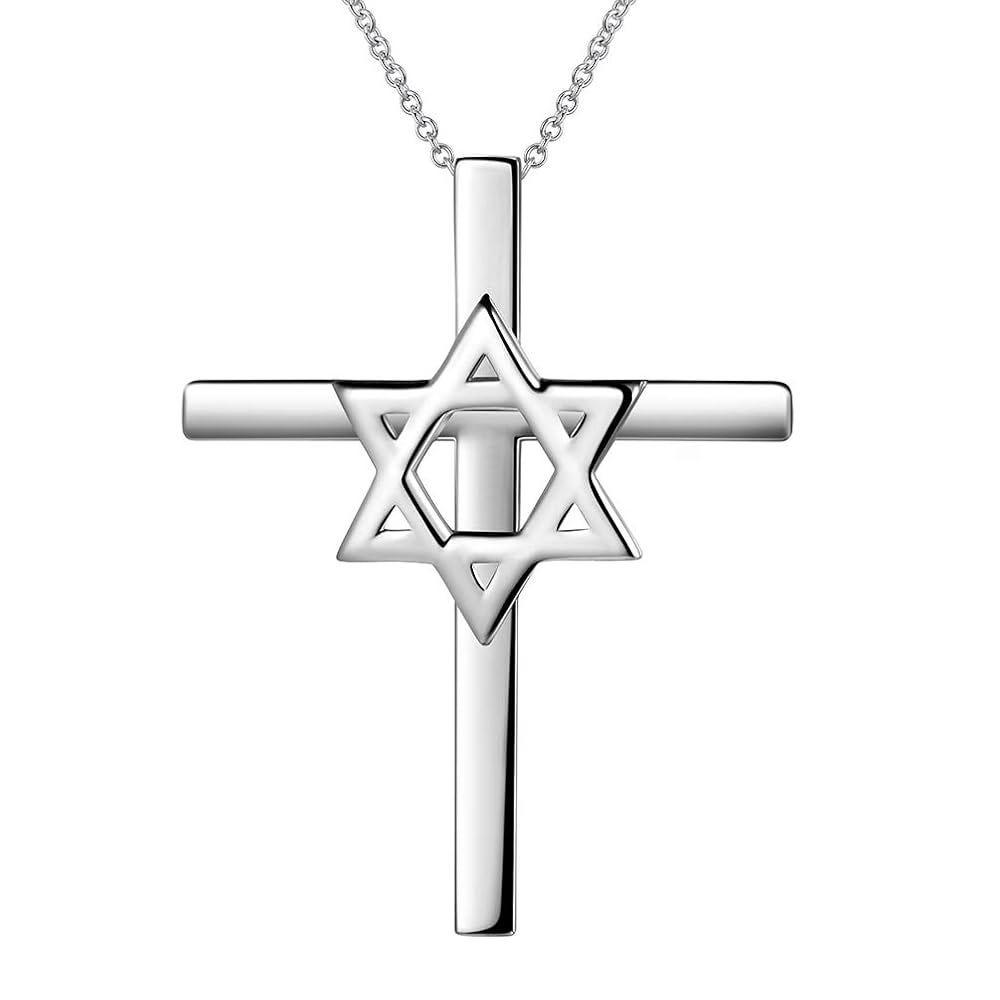Sukkot, Sin, and Returning Home
The nightfall of October 13th marks the end of Sukkot, the Jewish week-long festival that follows Yom Kippur.
Before we get there, though, it helps to pause and look at Yom Kippur — the Day of Atonement.
It’s the holiest day in Judaism — a full day of fasting, prayer, and reflection.
No distractions. No work. Just you and HaShem.
It’s about facing the truth, asking forgiveness, and letting your soul breathe again.
There’s something deeply moving about that kind of honesty before God.
Then, just five days later, something beautiful happens.
The solemn quiet of Yom Kippur gives way to laughter, singing, and joy under the open sky.
That’s Sukkot — the festival of booths.
From one Gentile to another, Sukkot is when Jewish families build temporary huts — sukkot — to remember the wilderness journey, and to remind themselves that life is fragile, and that true security comes from God, not possessions.
How beautiful is that?
I wish we had something like it in mainstream Christianity.
Now that I’m studying Messianic Jewish theology, it feels like I’ve found the best of both worlds.
I have Yeshua, and I have the traditions of Judaism.
Joy After Atonement
The festival includes four species used in worship before HaShem:
Lulav (palm)
Etrog (citron)
Hadassim (myrtle)
Aravot (willow)
Each one represents a different kind of person, yet all are waved together in unity.
It’s a reminder that we’re meant to worship together, not apart.
Sukkot is joy after repentance.
It’s community after solitude.
It’s trust after surrender.
It’s like God saying, “Now that your heart is clean, come rejoice with Me.”
And when Sukkot ends, the celebration still isn’t over.
Shemini Atzeret comes next — a quiet eighth day that feels like God whispering, “Stay with Me a little longer.”
And right after that is Simchat Torah, when the Jewish community dances with the Torah scrolls, celebrating both the end and the beginning of the yearly reading cycle.
It’s joy upon joy — the kind that doesn’t fade when the festival ends.
So the question I keep asking myself is this:
Where is my shelter?
And what does it mean to dwell with gratitude today?
On Another Note: Missing the Mark
Do you know about sin?
For me, sin has always felt… queer.
Not in the sense of sexuality, but in the way the world itself feels off-kilter — bent and strange since the Fall.
Growing up in the charismatic church, when I met with my accountability partner and said, “I’ve sinned,” it usually meant I’d compromised my purity in thought or action.
But I rarely confessed my pride, my gluttony, my envy, or my anger.
Those are sins too — just the quieter kind.
In Jewish thought, the word khata (חָטָא) helps us see sin differently.
It doesn’t mean “you’re evil.”
It means “you missed the mark.”
Imagine an archer drawing back his bow.
He aims at the target, but the arrow flies wide.
That’s khata.
In the Garden, Adam and Eve missed the mark — they failed to keep the mitzvot, the commands of HaShem.
Not because they were monsters, but because they lost alignment.
Maybe that’s what sin really is:
not just rebellion, but misalignment.
Not just wrongness, but separation from what’s whole.
You’re not evil, and you weren’t born evil.
I drank the Kool-Aid of that theology in my twenties, and it tainted my sense of worth — and my worship of HaShem.
I know what Romans says.
I get it if you believe Paul was describing the depravity of man.
However, to believe that our nature is inherently evil — to imagine we are born corrupt — diminishes our ability to walk rightly and choose righteousness.
If you believe you’re evil at the core, how can you see yourself as made in the image of God?
We miss the mark, yes. We khata.
But missing the mark doesn’t make the archer evil.
It just means he’s still learning how to aim.
Teshuvah: Returning Home
What is repentance, and how does a Jewish believer follow the act of repentance?
In Hebrew, teshuvah (תשובה) means “to turn back” or “to return.”
It’s the heartbeat of repentance — not self-loathing, not shame, but movement back toward HaShem.
The beauty of teshuvah is that it’s not about falling — it’s about returning.
It’s like Luke 15 — the lost sheep, the lost coin, the prodigal son.
Each story ends not in condemnation but in celebration.
The shepherd rejoices, the woman calls her neighbors, the father runs to his son.
That’s teshuvah.
The joy of being found.
The relief of coming home.
When we khata — when we miss the mark — we don’t lose our worth.
We just lose our way.
And when we return, we remember who we are.
Scripture says, “The righteous man falls seven times and rises again” (Proverbs 24:16).
That verse used to sound like failure to me — like a record of mistakes.
But now I see it differently: righteousness isn’t about never falling; it’s about never staying down.
Every return is an act of faith.
Every rise is a form of worship.
Every time you turn your face back toward God, Heaven celebrates.
Teshuvah isn’t about saying, “I’m broken.”
It’s about saying, “I remember where I belong.”
Anyway, shalom.
I hope this was helpful.
Walk with me as I continue to learn more about Judaism as I follow Yeshua, the Christ and Messiah.


